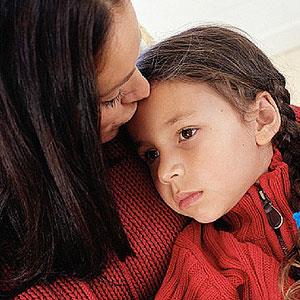How autism can cost families millions
As the rate of reported cases rises, the expense of providing care -- sometimes for a lifetime -- is becoming staggering.
By Jonathan Berr Mon 8:58 AM
 Lost amid the recent coverage about the frightening rise in reported cases of autism is any discussion of the costs to families -- which can be staggering.
Lost amid the recent coverage about the frightening rise in reported cases of autism is any discussion of the costs to families -- which can be staggering.According to data from the Autism Society, the annual cost to society from the illness is $137 billion, greater than the state budget of California and more than twice the market capitalization of General Motors (GM -0.86%), North America's largest automaker.
No less overwhelming is the cost to individuals and families caring for a person with autism. The Autism Society cites estimates of $3.2 million for the lifetime costs of such care. Behavioral therapies for children can cost $40,000 to $50,000 per year. Caring for an adult with autism in a supported residential setting can cost $50,000 to $100,000 per year.
"Even if no new instances of autism occurred starting today, the number of adults who would potentially turn to the human services delivery system for services and/or supports by 2030 will be 500% higher than it is today," according a statement the society provided to MSN Money.
The costs can be such a burden that parents have known to move to states where children on the autism spectrum get better benefits for care. Parents must often pay for services out of their own pockets because what schools provide is inadequate. Increased emphasis on early detection is no doubt costing taxpayers more money, but it's not clear exactly how much.
And, of course, the concern about the rising rate of reported cases is indeed justified. Data released last week by the Centers for Disease Control and Prevention indicate that that rate in American children is now 1 in 50. In 2007, the estimated rate was 1 in 86. Most of the increase is due to better, early detection of autism, which experts say is critical for successful treatment.
But Michael Rosanoff, associate director of public health research at Autism Speaks, says those figures, which are based on parental surveys, are probably too conservative. Data from South Korea collected by doctors estimate the rate at 1 in 38, or about 2.64% of that country's children.
"We think it's at least 2% (in the U.S.), but it may be higher," he said, adding that the federal government needs to do more. "It's absolutely frightening."
Jonathan Berr is the father of a 6-year-old son on the autism spectrum. Follow him on Twitter @jdberr.
No comments:
Post a Comment